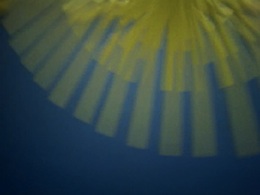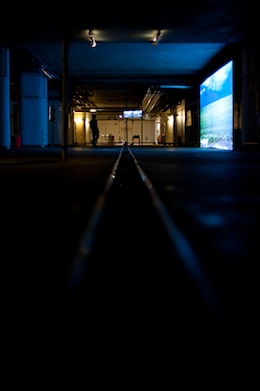
Usually do not so much consider the Gregorian calendar count rule the events. 2009 is not yet over, but for the first time in years I feel safe to do a best-of list. Due to the nature of this particular year, this selection is a mix of different categories and different forms.
- December 10: while I look at the altar in the cathedral of Marseille from behind the choir precinct, and wonder what I as doing inside a church, I receive a message on my mobile that my father died.
- November: a new future consolidates between two people. Decisions are made. Never done planning like this before.
- Listening loud to “The Beautiful Schizophonic: Erotikon” while on a plane to a very specific destination, half asleep.
- Apple iPod Classic 160 GB.
- October: I am starting a new future!
- August: I am climbing a difficult mountain path, steepness way beyond the expected. A herd of softly sounding, bell-swinging sheep is the welcome after I pass the ridge.
- July: I am releasing my own CD “A Narrow Angle” – it will, in a way, predict the future.
- April: celebrating my birthday, first time in many years, in Porto {and with the Crónica posse}.
- March: afternoon and evening chorus at the Nossob River, Kalahari Transfrontier Park. Doves in Sesriem Canyon, Namibia, using the canyon’s echoes to amplify their calls. Night sounds in the Tiras mountains, Namibia. An immense peace and freedom, never experienced before.
- “Luc Ferrari: Chansons pour le Corps”
- January: being immersed in a cacophony of “Ezan” calls to prayer at 5:50 in the morning, Istanbul, Turkey, in company of a kind street dog.









